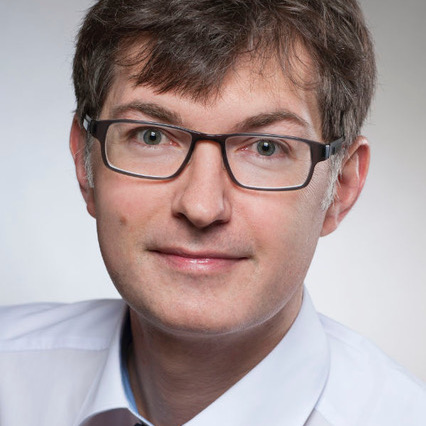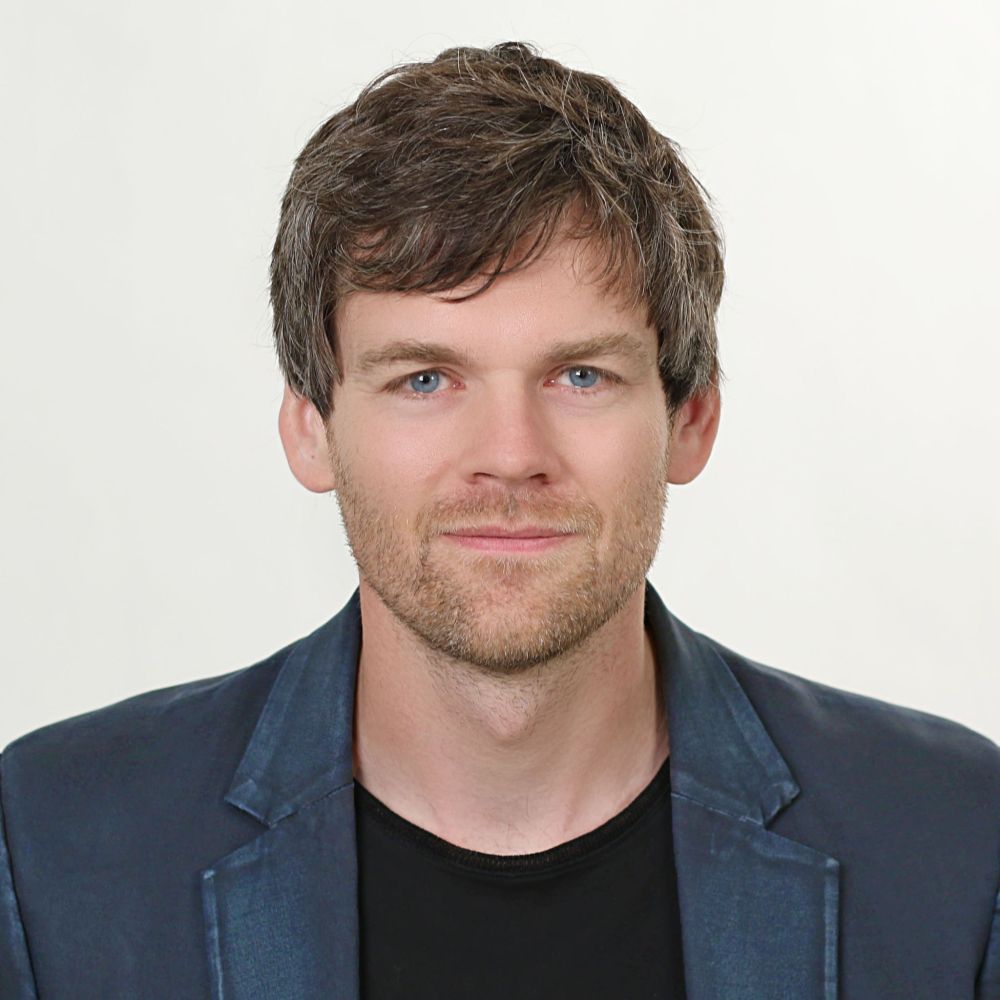DKTK Core Facilities: Imaging
Distributed IT Infrastructure for Multicenter Cohort Analysis in Imaging
The Joint Imaging Platform aims to introduce a technical infrastructure which enables modern and decentralized research in the field of imaging within DKTK. The main focus is on using and evaluating modern machine learning methods for oncological (medical) research projects. In line with CCP-IT and RadPlanBio, JIP also constitutes a strategic initiative within DKTK. The common infrastructure will strengthen the cooperation between the participating hospitals as well as multicenter studies.
Imaging procedures within radiology and nuclear medicine play an increasingly important role in cancer research, both in diagnostics and treatment monitoring of oncological diseases. This field is developing constantly and quickly. The enormous progress in the evolution of artificial intelligence also leads to considerable development in radiological research. The automatic analysis of image data, such as tumor characterization by means of Radiomics, enables the extraction of the most diverse and highly complex information. Afterwards, this information can be correlated with clinical data in order to obtain new findings regarding diseases or even to evaluate the individual treatment situation (Precision Medicine).
In this context, the JIP complies with the highest data protection requirements as it focuses on the distribution of processing methods (algorithms) instead of personal data. The local image data are protected with a state-of-the-art encryption system and are stored within the clinical IT infrastructure of the individual locations at any time. In case data exchange might be necessary within the context of multicenter studies, this can be done – upon the patients‘ agreement - in a pseudonymized way.
More information can be accessed via the website of the "Joint Imaging Platform".
Coordinators

Prof. Dr. Heinz-Peter Schlemmer

Prof. Dr. med. Dr. rer. nat. Dipl.-Bioinf. Jens Kleesiek
University Medicine Essen

Dr. Marco Nolden

Prof. Dr. Klaus Maier-Hein
Berlin Experimental Radionuclide Imaging Center (BERIC)
The BERIC offers as a core facility of the Charité all modalities of modern hybrid small animal imaging with radiopharmaceuticals.
The multidisciplinary team is using its expertise and the latest state-of-the-art equipment (SPECT / CT, PET / MR; Angiography/PET, Fig. 2) available to users. The service offered includes all steps from consulting to study design, the tracer selection, tracer production, keeping of radioactive animals, conduction of the animal experiments, including image and data analysis and data storage as well as post mortem biodistribution experiments. The BERIC also offers services such as radiolabeling of ligands, in vitro evaluation of tracers and the generation of (genetically modified) cell lines and animal models (orthotopic, subcutaneous and metastatic tumor, stroke and myocarditis models etc.). Own research interests within the BERIC concentrate on the development and characterization of new radiotracers and theranostics for various tumor entities, as well as the development of new quantitative multi-parametric imaging approaches.
Contact
Small Animal Imaging and Radiotherapy Platform
In vivo experiments with small animals are particularly important for the development of new therapies in radiation oncology. Tumor xenografts and orthotopic tumor models can more realistically represent physiological tumor growth, the tumor microenvironment, and tumor interactions with the surrounding normal tissue. In addition, advanced imaging techniques are required to monitor treatment outcomes. Dresden is equipped with the full spectrum of biological imaging, radiomics, and image-guided radiation therapy (IGRT) for small animals (CT, PET/CT, PET/MRI, ultrasound, and optical imaging). In Dresden, in addition to a conventional preclinical X-ray irradiation platform, the image-guided irradiation system for small animals (SAIGRT, small animal image-guided radiation therapy) was developed. It enables targeted and conformal irradiation as well as X-ray-based imaging in small animals. These imaging and irradiation technologies are also used for highly precise irradiation of mouse models at the experimental proton beamline.
IMCES - Imaging Center Essen
IMCES is a core facility within the Institut für Experimentelle Immunologie und Bildgebung at the Faculty of Medicine, Universitätsklinikum Essen and Universität Duisburg-Essen. The facility brings together state-of-the-art equipment and expertise in light and electron microscopy, in vivo and intravital imaging, and image analysis. These services are available to all researchers, irrespective of location and affiliation.
The IMCES laboratories and microscopy rooms have permission for working at the S1 and S2 biological safety level.
For more information visit the Imaging Center Essen
Cell Sorting and Imaging Facility Freiburg
The CCCF member department Hematology, Oncology and Stem Cell Transplantation operates a core facility for FACS based cell analysis, high speed cell sorting, confocal microscopy and high content screening/image cytometry.
For more information visit the Core Facility atUniversity Freiburg